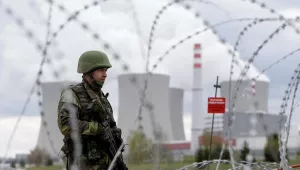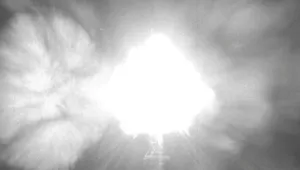International Security Program Seminar Series
Abstract
Nuclear forensic analysis is currently discussed as a potentially important new tool to prevent nuclear terrorism by enabling investigators to attribute nuclear materials to their production facility and thus deterring potential state actors from transferring such materials to terrorists. However, these high expectations, expressed by analysts and government officials, rely on scientific methods whose viability is often difficult to assess without access to classified data. Moreover, threatening nuclear retaliation against states which may support nuclear terrorists on the basis of nuclear attribution would be credible vis-à-vis only a few states. At the same time it may undermine the opportunity to strengthen existing threat-reduction programs with Russia and to explore ways for improved security cooperation with states such as Pakistan, China, and India.
In the seminar, an introduction into the technical possibilities and limitations of pre- and post-attack nuclear forensics was given, based entirely on open source analysis. This was followed by a discussion about the roles that nuclear attribution can — or cannot — play in security policy, from combating illicit trafficking to being a cornerstone for a new deterrence paradigm.
Bielefeld, Tom. “Nuclear Forensics and Its Role in Security Policy.” November 20, 2008




